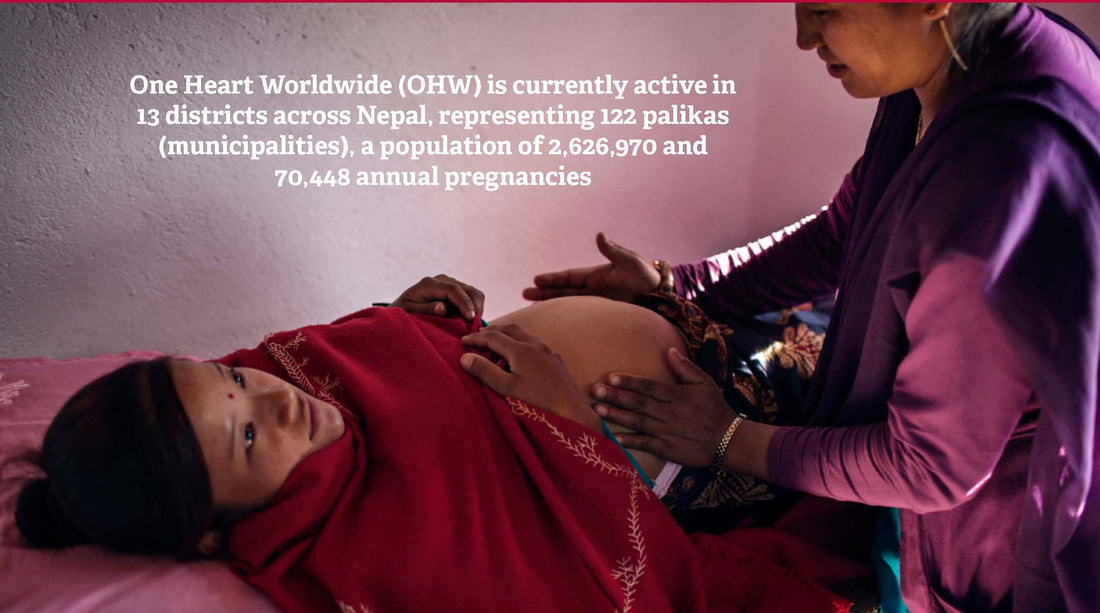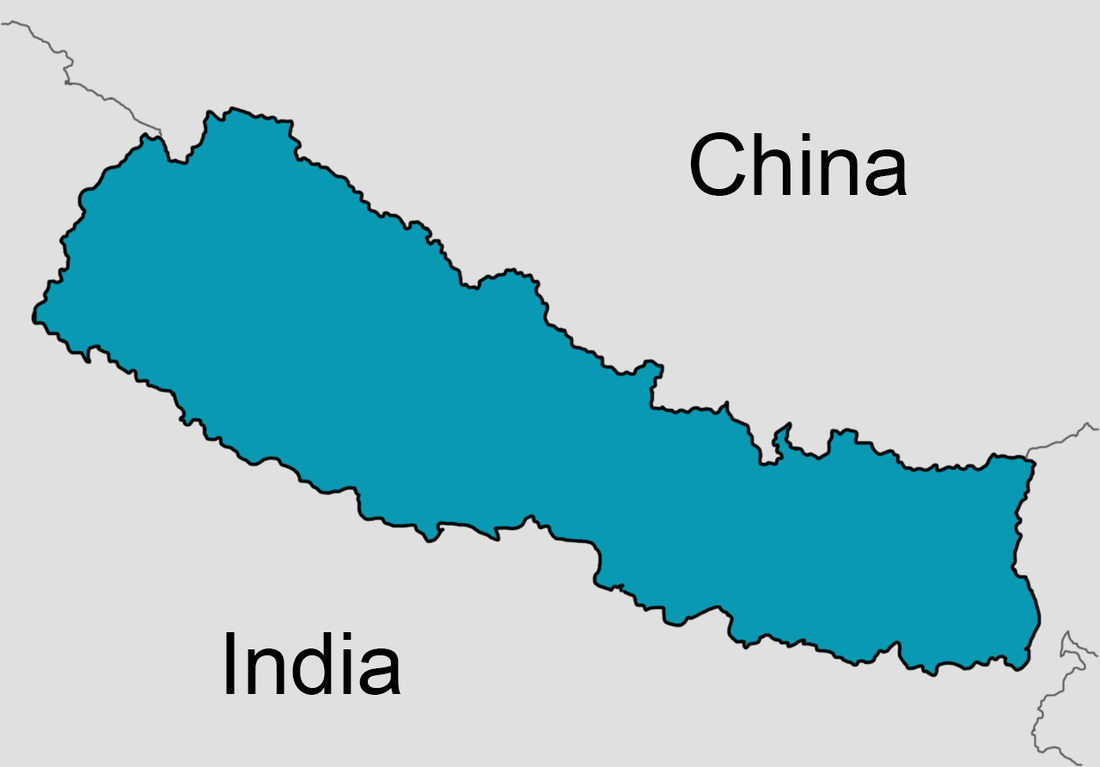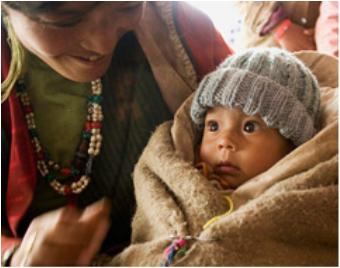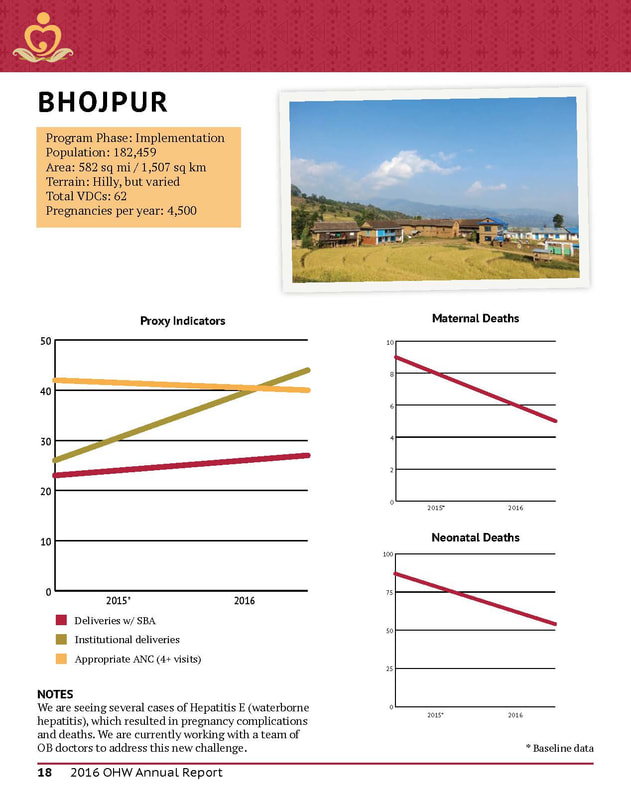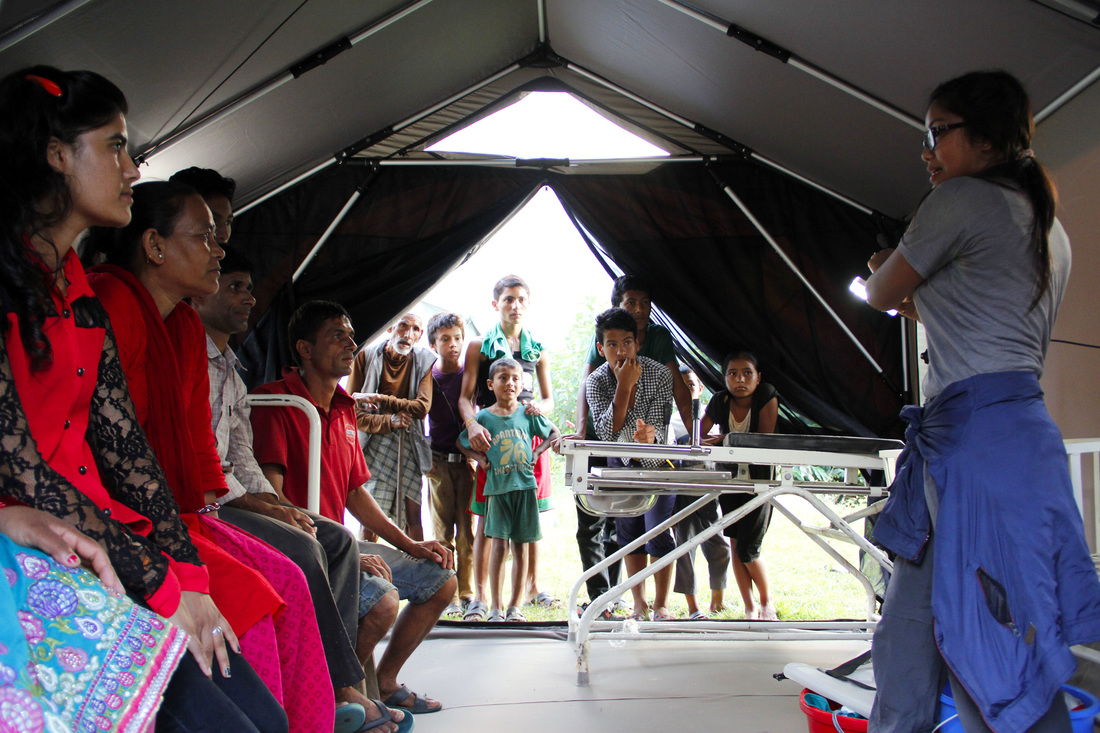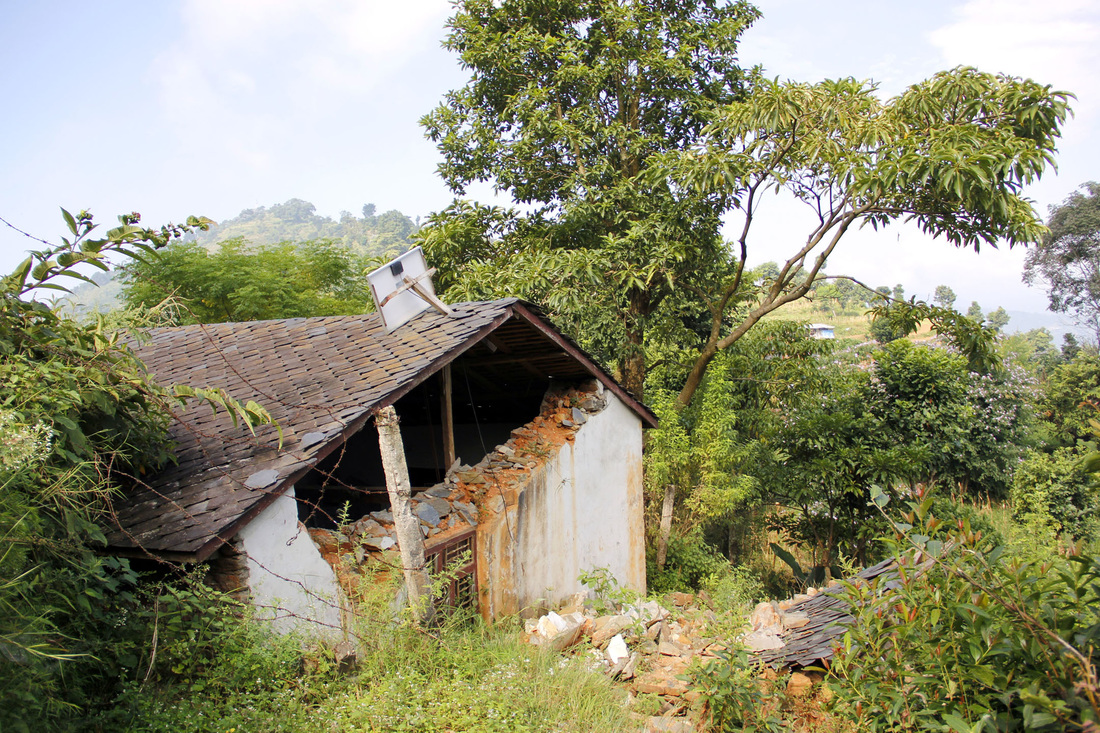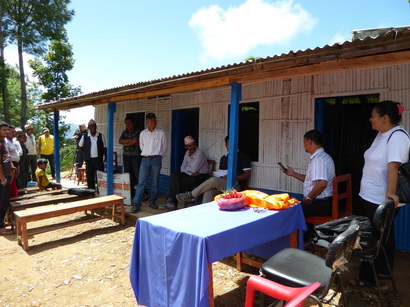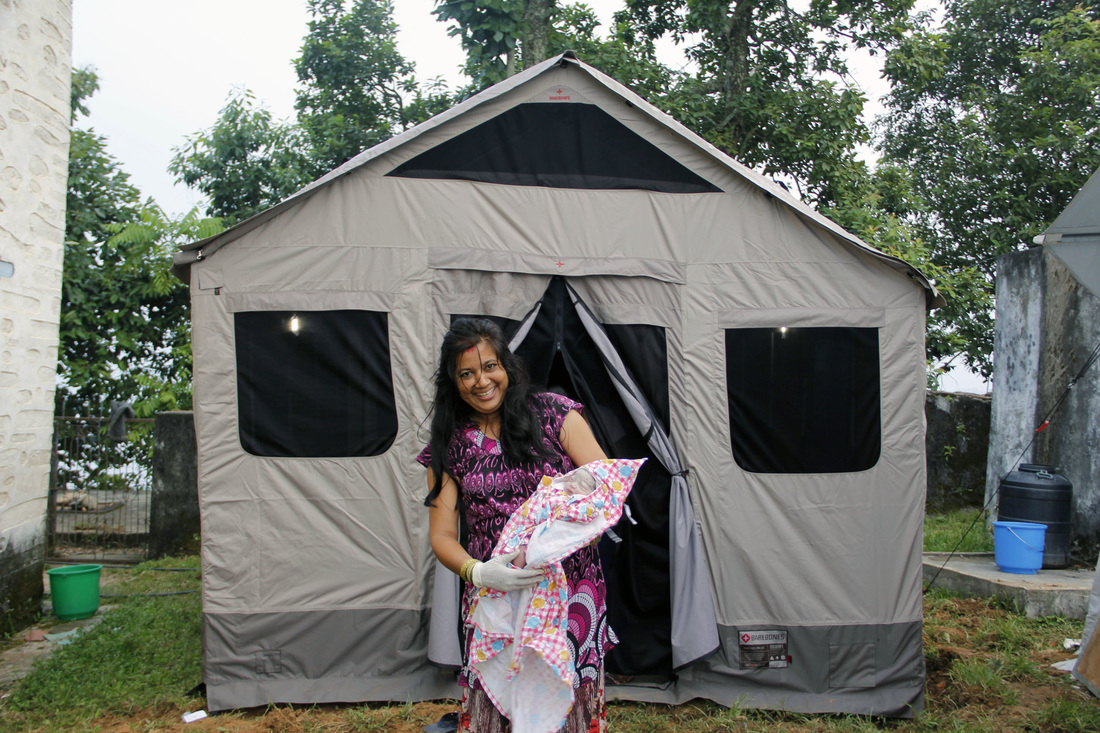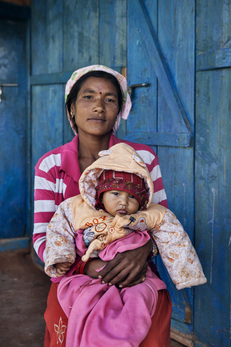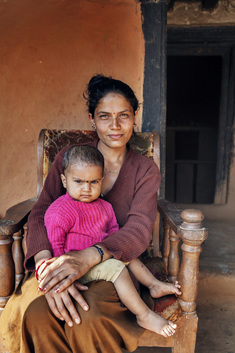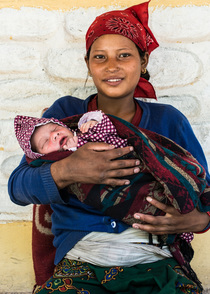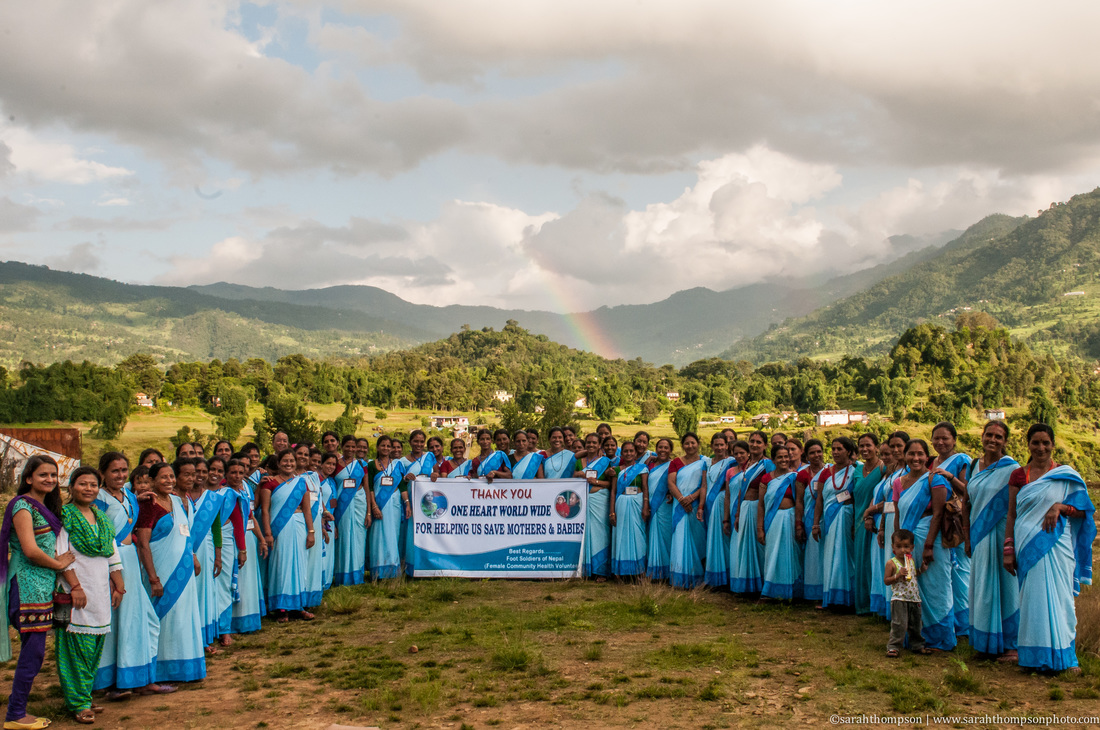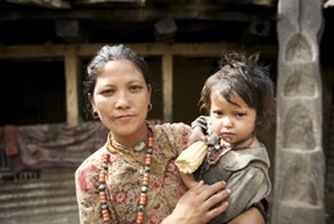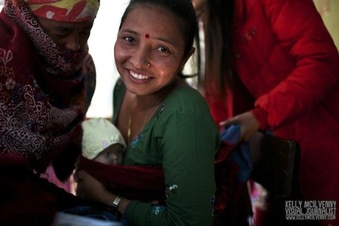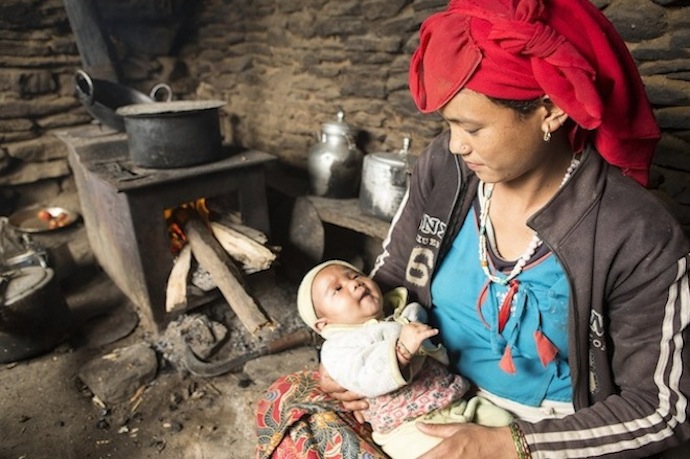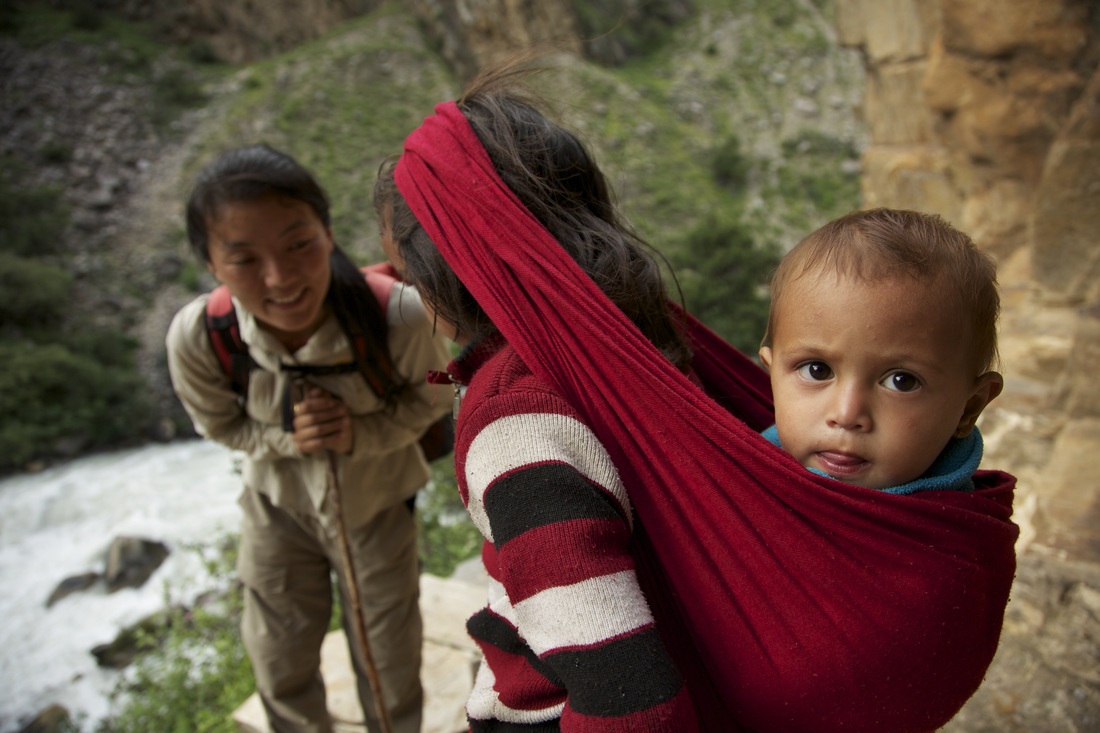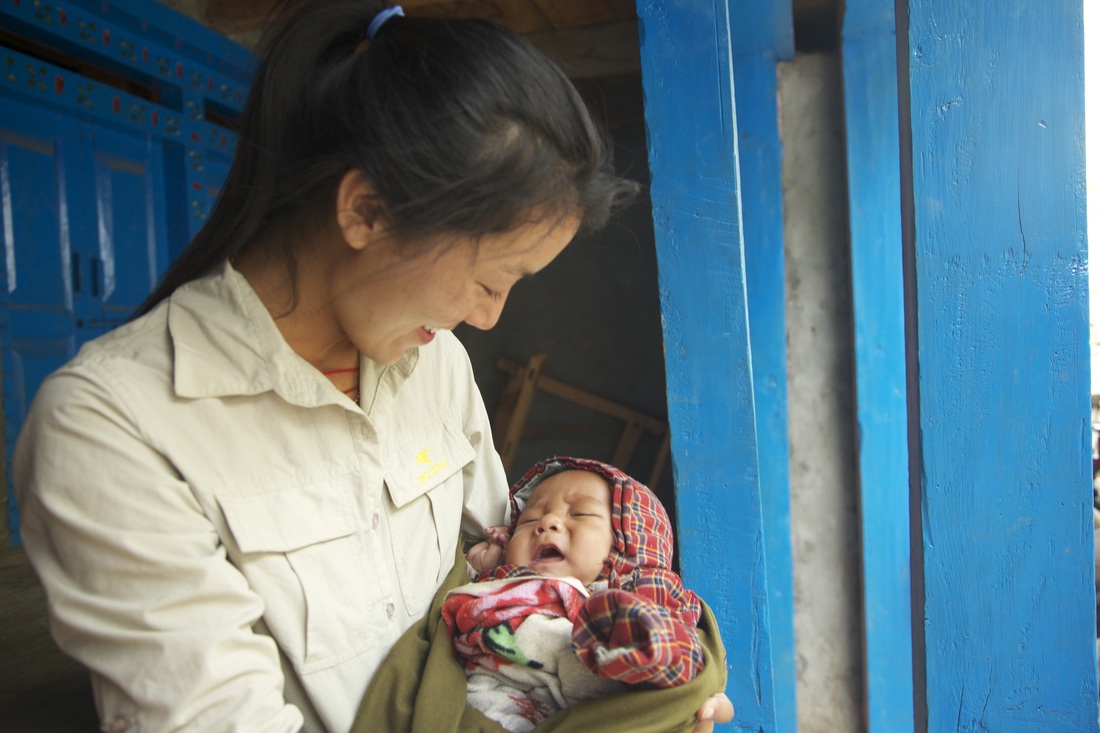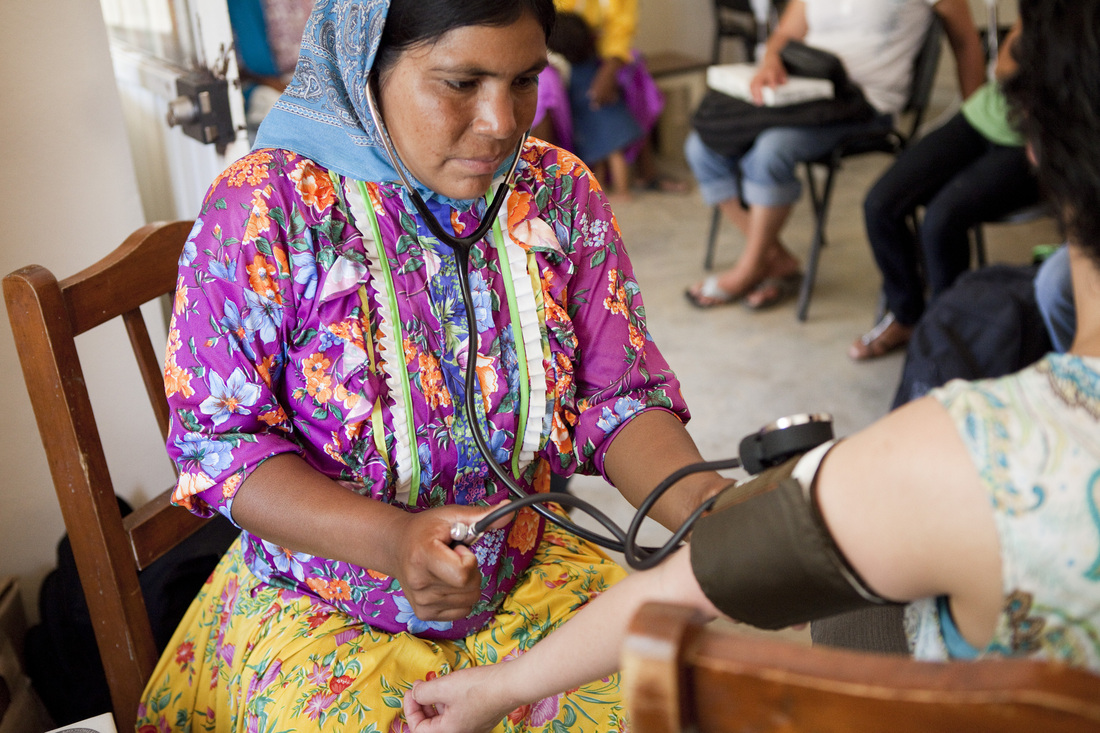Project: Maternal Healthcare
|
Mission: To decrease maternal and neonatal mortality and morbidity in remote rural areas.
|
Description: One Heart's life-saving programs were initially established in the late 1990’s in the Tibetan Autonomous Region. Over the last decade, they have been able to decrease unattended home births from 85% to 20%, mostly by ensuring the presence of a skilled attendant at delivery. Based on their experience, One Heart developed an effective, replicable, and sustainable model to reduce preventable deaths related to pregnancy and delivery among vulnerable rural populations. They work with local communities and local health providers to develop a culturally appropriate Network of Safety around mothers and infants. Through teaching good practices and distributing essential supplies, One Heart ensures that mothers survive delivery and their infants enjoy the first months of life.
|
Donation Impact
How will your donation be used?$50 - Provides an expectant mother with tools to deliver her baby in an emergency
$300 - Outfits a skilled birth attendant with tools to deliver a baby on the field $700 - Trains 10 community outreach volunteers who deliver life-saving messages and clean birth kits $1,200 - Trains one skilled birth attendant to learn safe birthing practices $2,500 - Provides a rural clinic with a portable ultrasound machine $5,000 - Equips a birthing center with upgraded and sterile equipment $7,000 - Equips a newborn corner to stabilize sick babies |
Testimonials
"One Heart World-Wide staff have greatly enjoyed working with the Transparent Fish Fund. We have found the staff to be polite, professional, and helpful." Ellen Eoff, Program Coordinator
Program Report 2018
Program activities in OKHALDHUNGA district: Mid-year 2017
Field Updates 2016
Field Updates 2015
|
We set up 45 temporary structures (tents) to serve as temporary birthing centers in Dhading and Sindhupalchok. These tents are set up with a full set of medical equipment and supplies (including solar power) and each tent is staffed with at least one skilled birth attendant. This allows the tents to serve as fully functional birthing centers. These tents can last up to 5 years, allowing us time to work with the local government to plan the reconstruction of the remote birthing centers and in the meantime affording a safe place for pregnant women and newborn infants.
|
The Nepali government is currently looking at options to rebuild the destroyed facilities using more earthquake resistant materials and building techniques. One Heart World-Wide has agreed to rebuild 5 of the facilities that suffered heavy damages during the earthquakes. We have hired an engineer and conducted assessments to determine the damage level and resources needed in each of the five birthing centers we plan to repair. Repair work is scheduled to start early 2016.
|
|
In order to assess its functionality as a health post, we have completed construction of a bamboo structure in Jalkini, Sindhupalchok. Bamboo is a material evidenced to be earthquake proof and the structure is estimated to be able to last 40 years. We just completed the construction of the health post and plan to set it up with a full set of medical equipment and supplies in early 2016 so that it may start functioning as a birthing center (as of now it is only a health post, which is not able to perform deliveries, but which does provide antenatal care).
|
Rani is a Skilled Birth Attendant from the Salbaas birthing center who provided birthing services in Chainpur, Salbaas. After the earthquakes, all of the proper supplies and equipment had been buried and Rani had been conducting the deliveries without even the most basic equipment. Imagine trying to give birth under a tarp without any sort of ventilation, where you are constantly being watched by random visitors and passerby. Definitely not ideal, but the mothers agreed that it was better than nothing.
This was the situation in Chainpur, Salbaas, before the One Heart World-Wide team was able to install a proper birthing tent there. After talking to Rani, we installed the tent in a location she agreed to. By the end of the day, we had not only installed the tent but also installed basic equipment necessary for a safe delivery. That very night, the new birthing tent welcomed the first of many babies into the world. A group of locals approached the tent assuming that we were health workers. Among them was a multigravida experiencing labor pains. She was immediately brought into the tent and examined by Rani, who was able to help this mother conduct a normal delivery with the help of the light from the solar suitcases, basic equipment, and supplies in the tent. Rani and this mother’s experience have been echoed throughout both the Dhading and Sindhupalchok district, along with many additional locations that have experienced severe damage and are still reeling from the earthquakes. The tents that the One Heart World-Wide team has been installing, while not permanent, provide a space for safe deliveries while the long-term renovation plans are being finalized. |
Field Updates 2014
|
The grant funds were all spent on our programs in the Baglung, Dolpa, and Dhading districts of Nepal. We used the full funds in 2014 to support these programs by funding trainings for health workers and health volunteers, establishing new birthing centers by renovating and staffing little-used and ill-equipped health posts, and conducting awareness raising/education activities in communities that needed it most. In 2014 we served 8,350 pregnancies, upgraded 19 birthing centers, trained 990 community outreach providers, and trained 41 skilled birth attendants with help from TFISH’s grant.
|
In 2014 we were thrilled to see the outstanding results from the last 5 years of implementing our “Network of Safety” model in the districts of Baglung and Dolpa. Baglung saw no maternal deaths at all in 2014—a first occurrence on record for the district that previously saw around 30 a year—and Dolpa experienced only one. Since we began working in Baglung in 2010, we have seen maternal mortality fall by 100% and neonatal mortality drop by 97%. Since we began working in Dolpa in 2010, we have seen both maternal and neonatal mortality fall by 94%. The steep and steady declines in both maternal and neonatal deaths in the districts where we work are due to the increase in safe motherhood messaging in districts, increased access to properly equipped and staffed birthing centers, and the community outreach volunteers and health workers who are now trained in a variety of lifesaving skills and practices. Fewer maternal and neonatal deaths throughout Dolpa and Baglung makes a tremendous impact on the community, which is deeply affected financially and emotionally—especially by the loss of a mother. All of this progress is made possible by generous funders like the Transparent Fish Fund, and we are so grateful.
|
|
One life which funds from Transparent Fish impacted in a very deep way is that of 15 year old Tashi, who is photographed above. Tashi suffered in labor for more than a day before she walked for five hours through high mountain passes to reach a One Heart World-Wide birthing center in the nearest city, Dunai. She received four prenatal check-ups at the recommendation of a One Heart trained community outreach volunteer and was told about the importance of a safe delivery so she bravely decided to make the trek to a Dunai birthing center even though neither her family nor husband could accompany her due to the demands in the field during harvest season. After over four more hours of labor in the birthing center, she received an episiotomy—a procedure that proved lifesaving for both her and her baby. When Tashi’s baby was born, he was lifeless and blue. The skilled birth attendant and doctor worked together with bag and mask suction devices and a laryngoscope to revive the baby and clear his airway. Once he breathed his first breaths on his own he was placed in an incubator. Tashi was grateful for her own life and her baby's and vowed to champion the importance of safe births in her village. Community outreach volunteers, skilled birthing attendants, medical equipment, and a safe environment with electricity were all critical to the survival of both baby and mother.
|
We are very excited for 2015 as we are preparing to effectively double our impact in Nepal this year by fully implementing programs in the new district of Dhading and making preparations for program implementation in the districts of Sindhupalchok and Bhojpur. In Dhading we hired all of our program staff and finalized the agreement with our government partners to begin implementing programs this year. We are looking forward to reaching many more people who desperately need access to safe births over next few years as we will begin implementing our programs in new districts every year until we reach 35 districts in the year 2025. Reaching the 35 districts who still lack access to adequate maternal and neonatal healthcare will enable us to reach nearly half of Nepal and save many more lives over the coming years. We are thrilled to partner with Transparent Fish Fund as we embark on this vital journey.
|
Field Updates 2013
|
This year, One Heart began working in Baglung, Nepal, where their programs have made a significant impact. After implementing their own Network of Safety, maternal and neonatal mortality has been reduced by almost half in their Baglung program area.
|
The team in Nepal executed the first Post-Partum Hemorrhage (PPH) Training of its kind, introducing two new techniques for the management of PPH – one of the most common causes of maternal death. 41 doctors and Skilled Birth Attendants (SBA) from Pokhara and Baglung received training on the use of a low-cost Uterine Balloon Tamponade and the Non-Pneumatic Anti Shock Garment.
|
Field Updates 2012
|
One Heart World-Wide has developed the "Network of Safety," tailored to the cultural context, to work with the local communities to raise awareness, teach good practices, and distribute essential supplies to remote areas such as the Karnali Zone in Western Nepal and in the Copper Canyon of the Sierra Madre in Mexico. Their motto is "To work in places where no one else dares to, but where the need is the greatest."
|
There are no functional birthing centers in Dolpa district in Western Nepal. Most health posts consist of an empty room, while some of them have rudimentary equipment it is often in dismal condition. The existing staff is often not adequately trained. To set up a birthing center in such conditions requires many hours of hard manual labor, as all necessary materials have to be carried over the mountains on foot.
|
|
Local men and women volunteer to be "Food Soldiers of Change," advocates for pregnant women in rural communities to access care. 15-year-old Victoria Castro, from a remote area of Mexico, decided to train to assist deliveries and help women evacuate to the nearest clinic four miles away. Her age has not stopped her from already helping to save the lives of several women and infants.
|
This is one of One Heart's Foot Soldiers in action. The Tarahumara woman learning to take blood pressure at a training for community health volunteers in Urique, Mexico will use her new skills to identify warning signs among pregnant women in the communities she monitors so that she can properly refer high-risk pregnancies to health facilities before emergencies arise.
|

